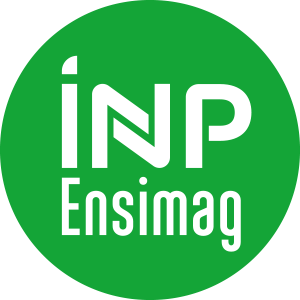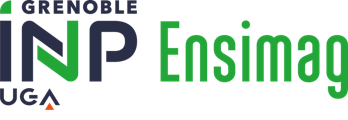Number of hours
- Lectures 18.0
ECTS
ECTS 1.75
Goal(s)
This course concerns techniques for constructing systems which observe and analyze objects, scenes and activities from images. It build competence in techniques that are fundamental to many new forms of man-interaction as well as to the design of computer vision systems used for industrial automation, inspection, monitoring and surveillance. These techniques are equally useful in the analysis of medical, aerial and satellite images.
Contact Jean-Sébastien FRANCOContent(s)
The course is composed of 12 lessons of 1h30, with three themes following themes :
1. Perception
- Perception of light and colour
- Image filtering, contour détection, interest points
2. Camera Geometry
- Projective Geometry and Applications
- Homographies and image alignment
- Image formation, camera calibration
- Image mosaics
3. Shape and Motion Estimation
- Silhouette-based 3D reconstruction
- 3D triangulation from multiple views
- Multi-view stereo
- Optical flow and object tracking
Prerequisites
Knowledge of linear algebra and calculus is assumed.
Knowledge of image processing are useful but not required.
If requested by a majority of students, the course presentations will be made in English.
The course grade is determined by a 2 hour written exam.
N1=E1
N2=E2
Richard Szeliski. 2010. Computer Vision: Algorithms and Applications (1st ed.). Springer-Verlag New York, Inc., New York, NY, USA.
Richard Hartley and Andrew Zisserman. 2003. Multiple View Geometry in Computer Vision (2 ed.). Cambridge University Press, New York, NY, USA.



